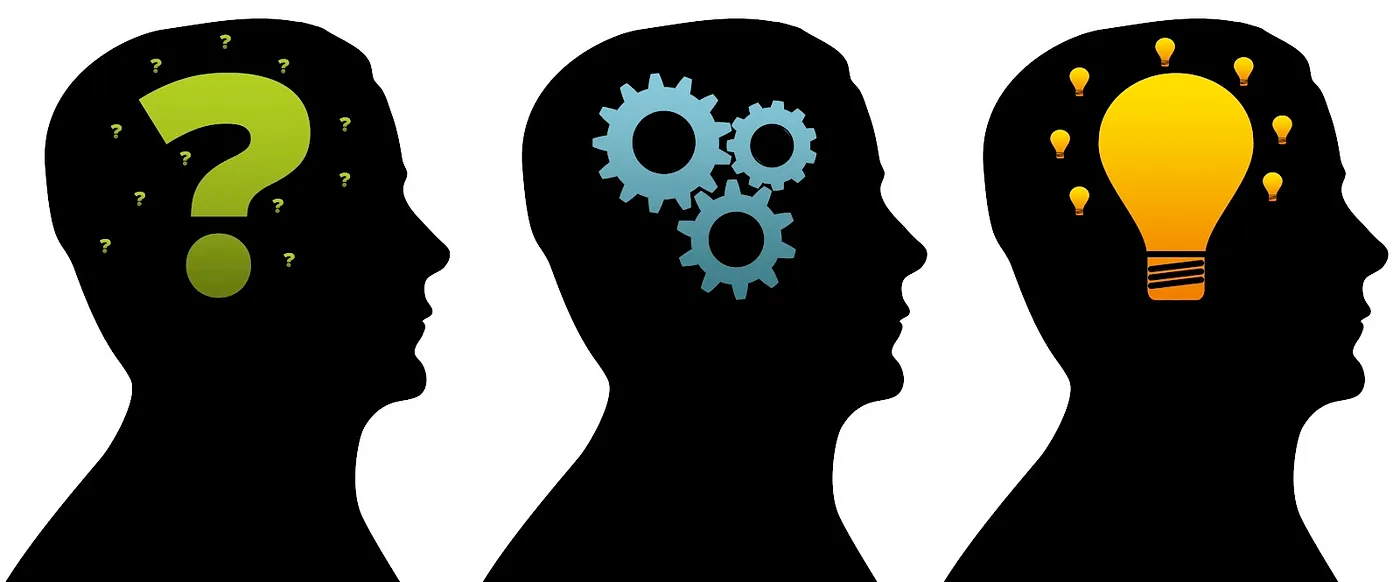Since I started to study agile and understand the proposal, I realize, the way that I was learning wasn’t the right way because sometimes I didn’t have the effective learning. It means I was reading books, articles, watching videos, but the most important part I wasn’t doing I wasn’t practicing. There are a lot of tough things we need to do when we are trying to change an old school culture to a modern one. Especially when it is your first time, no matter how many books you read or videos you watched, when the tough things come, it is always a specific context that you need to solve alone.
What is learning
There are a lot of definitions of learning. I have my own interpretation: create your own ability to learn to learn things, not just memorizing facts. Each person has your way of learning; what works for me not necessarily work for another person because we are different people. For example, I have effective learning when I need to explain something to someone, and this works pretty much for me.
There is something called learning levels that I will talk about below.
Unconscious incompetence
You don’t know, and you don’t know you don’t know. Think about some activities that you do very well, like reading or some sport; there was a time that you don’t know about it, and you weren’t even aware of it.
Conscious incompetence
You know that you don't know. Now you can train the skill, but you are not good enough. However, you learn fast at this stage because the less you know, the more space for improvements you have. You have immediate results.
Conscious competence
You know you know. This stage, you have the skill, but is not yet conscious and not usual, you need to focus on doing it. It is a satisfactory part of the learning process, but the improvement is harder. The better you are, the harder is the effort to achieve noticeable gains.
Unconscious competence
You don’t know that you know. Now your skill is usual and automatic. You don’t need to think about it. That is the learning goal, and you can do naturally without effort.
Dealing with failure
Those concepts above are adorable and should clarify our thoughts. In the real-life, how can I do this every day? How can I handle this in my work? How can I improve my skills?
Well, these are excellent questions, and at this point, you should know that it just depends on you.
Maybe you can start from scratch and start looking for the knowledge, don’t wait for someone to tell you what you should do. Sometimes you will fail, but don’t worry, you didn’t fail at all because you learn something when you fail. The fail is part of the learning process; get used to it. You need to fail; otherwise, there will be no learning.
Maybe you can start doing things that you ever didn’t before, and this will take you out of your comfort zone. Which means you are learning new things, and it’s getting better.
Unlearning
Sometimes you have the understand about something, but eventually, you will face a different point of view from another person. Most people think about learning as adding knowledge and skills, but they are wrong because learning is also about changing what you already know. The new knowledge can contradict the old one, and a new one will replace the full understanding that you had. In other cases, the new knowledge doesn’t contradict the old one, but it may modify it in some way.
Unlearning things is not easy; most people don’t know how to deal with that. They dismiss the contradict idea because it is the easy way.
Final words
You can do anything; you just need to start doing.
